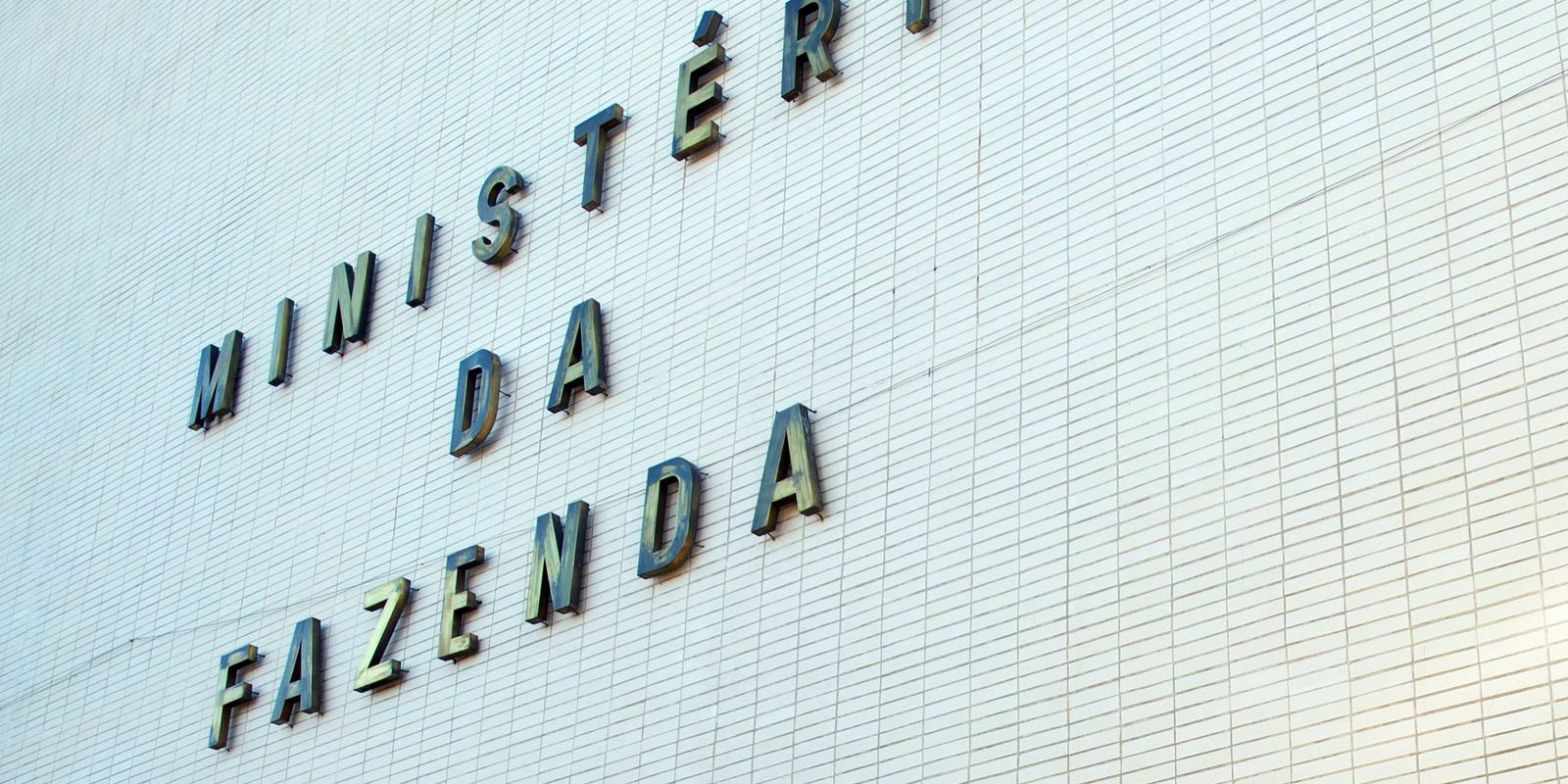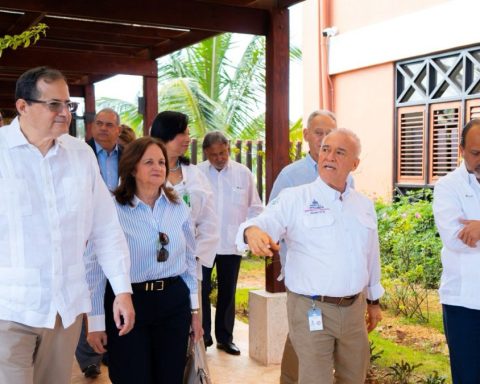Without resources from the transfer of rights for oil in the pre-salt layer and with spending on social programs on the rise, the Central Government – National Treasury, Social Security and Central Bank – recorded the highest primary deficit for February. Last month, the result was negative at BRL 40.989 billion, more than double the deficit of BRL 20.367 billion recorded in February 2022.
In nominal values, this is the biggest deficit for the month since the beginning of the historical series, in 1997. When discounting inflation by the Extended National Consumer Price Index (IPCA), the most used account by analysts, the result is also the worst for February months.
The result was worse than expected by financial institutions. According to the Prisma Fiscal survey, released every month by the Ministry of Economy, market analysts expected a negative result of R$ 31.9 billion in January.
Despite the hole in February, the Central Government accumulates a primary surplus of R$ 37.768 billion in 2023. This is because, in January, it had been recorded surplus of BRL 78.326 billion.
In nominal values, this is the second highest accumulated surplus, second only to the first two months of last year (positive result of R$ 56.444 billion). In real values (adjusted for inflation), it is the fifth largest surplus in the series.
The primary result represents the difference between revenues and expenditures, excluding interest payments on the public debt. This year’s Budget Guidelines Law (LDO) establishes a primary deficit target of R$ 231.5 billion for the Central Government (National Treasury, Social Security and Central Bank).
In January, the Minister of Finance, Fernando Haddad, announced a package that aims to increase revenue and review spending to improve public accounts and reduce the deficit to around BRL 100 billion in 2023.
Revenues
In February last year, the government received BRL 11.8 billion in signature bonuses related to the second round of the onerous transfer of oil in the pre-salt layer. Without the repetition of resources in 2023, net revenues fell 12.2% in February compared to the same month last year in nominal terms. Discounting inflation by the Extended National Consumer Price Index (IPCA), the drop reached 16.8%.
If one considers only administered revenues (related to the payment of taxes), there was a 3.9% drop in February compared to the same month of last year, after discounting inflation. The biggest reductions occurred in the Tax on Industrialized Products (-39.6% discounted for inflation), mainly due to the 35% reduction in the rate by the previous government since February of last year. In second place comes the Contribution for the Financing of Social Security (Cofins), which fell 11.4% because of the exemptions on fuel.
Despite the recent declines in oil prices in the international market, revenues from royalties rose R$117.9 million (+2%) above inflation last month compared to February 2022. Currently, the international barrel price is around US$ 74 after reaching US$ 120 in the middle of last year, because of the war between Russia and Ukraine.
Expenses
Last month’s deficit stemmed mainly from falling revenues. On the expenditure side, there was growth of 4.6% in nominal values, but a decrease of 0.9% after discounting inflation.
Boosted by the new Bolsa Família, spending on social programs rose R$5.4 billion above inflation in February compared to the same month last year. Due to the strong granting of retirements and pensions shortly before the 2022 elections, spending on Social Security rose by R$ 2.8 billion more than the IPCA.
These increases were offset by a drop of R$5.7 billion in the payment of salary bonuses and unemployment insurance, because this year’s schedule is spread over the first half of the year, instead of concentrating on the first three months of the year, as in 2022. In addition, there was a reduction of R$ 2.9 billion in extraordinary credits, mainly expenses associated with combating the covid-19 pandemic.
Spending on the federal civil service fell 2% in January and February, discounting inflation. The drop reflects the salary freeze for civil servants that was in effect between July 2020 and December 2021 and the lack of readjustments in 2022.
Regarding investments (public works and purchase of equipment), the federal government invested R$ 3,841.1 billion in the first two months of the year. The value represents an increase of 17.4% above the IPCA in relation to the same period of 2022. This growth is due to the Constitutional Amendment of the Transition, which guaranteed fiscal space for the recomposition of public investments.

















